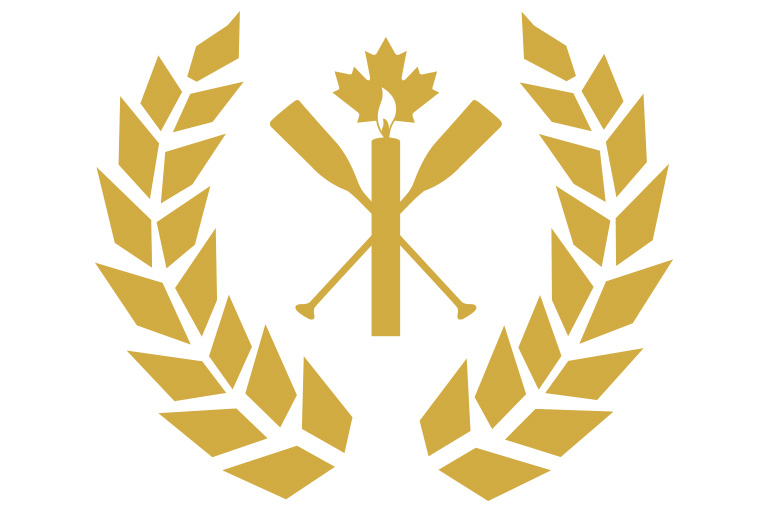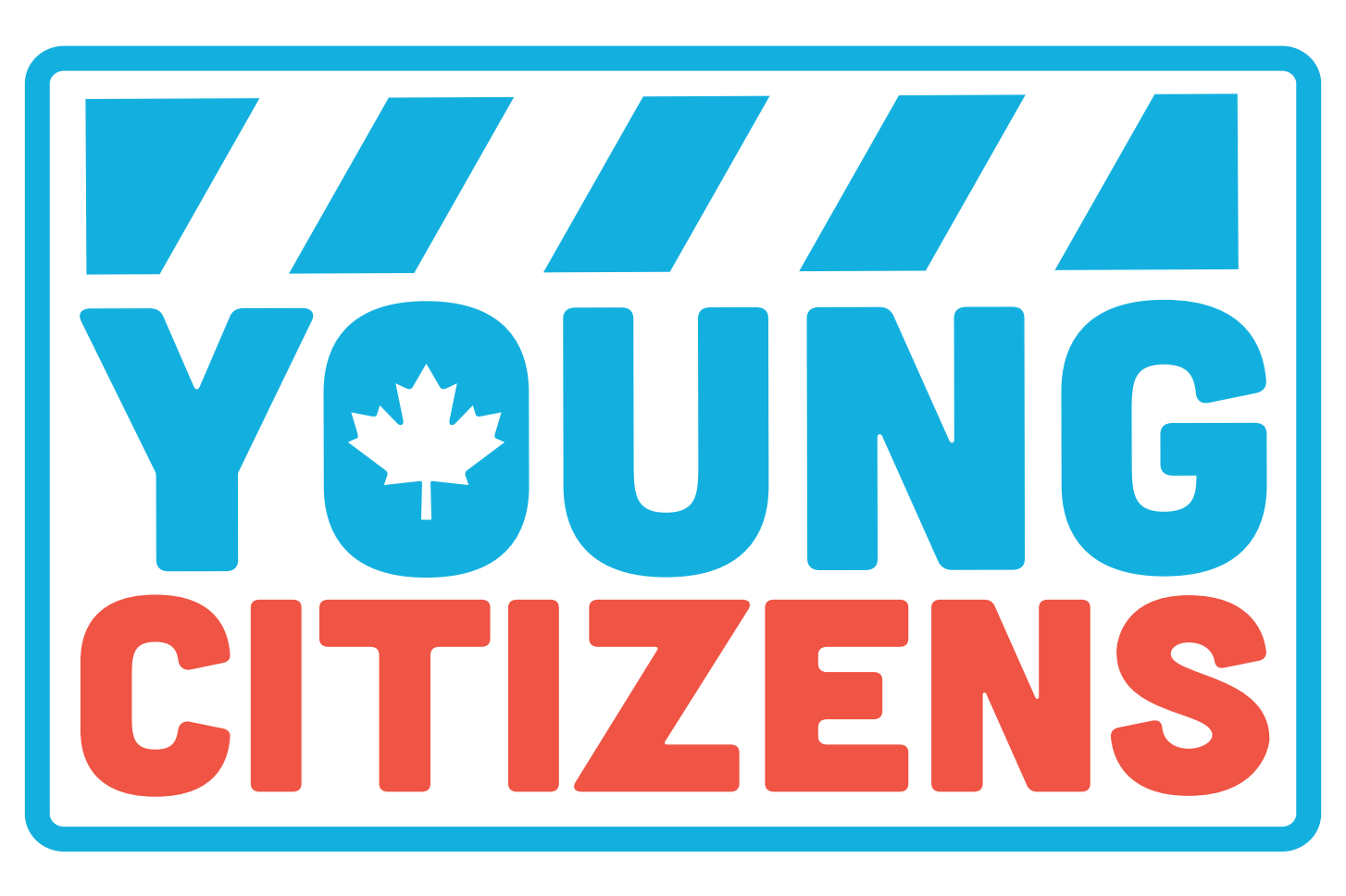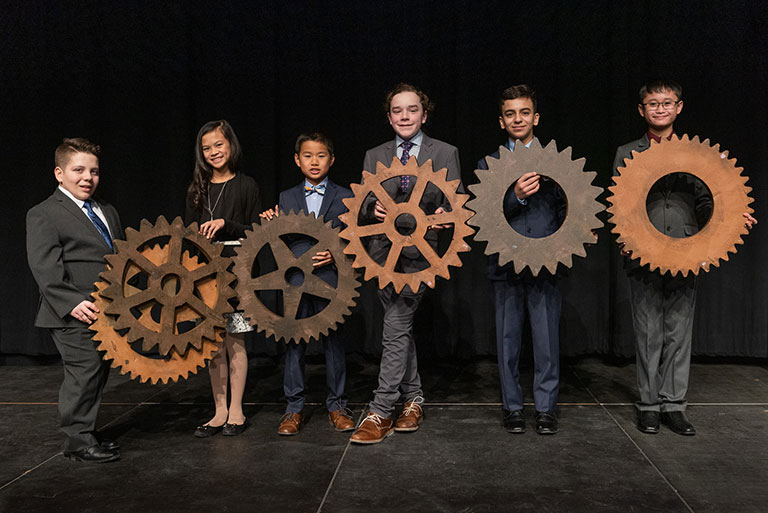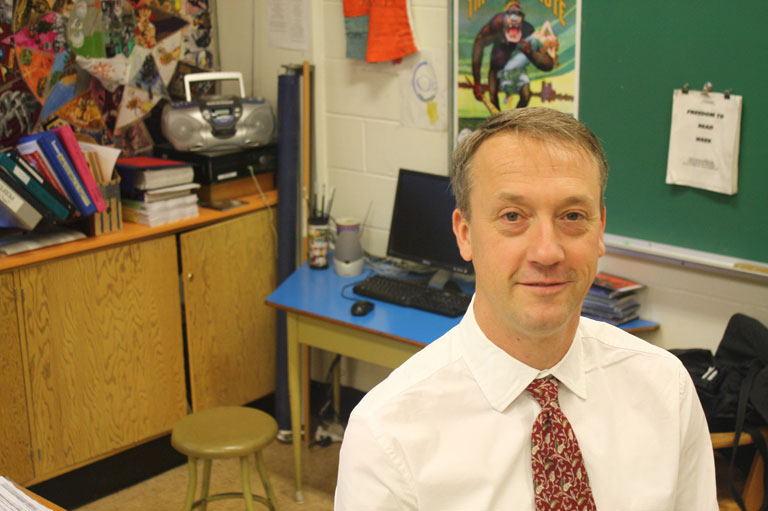2020 Shortlist for the Governor General's History Award for Excellence in Community Programming
Canada’s History is pleased to announce this year’s shortlist for the Governor General’s History Award for Excellence in Community Programming. The organizations featured represent remarkable and inspiring initiatives that encourage public engagement in Canadian history.
The award will honour two recipients, one French and one English, for innovation in community programming. Organizations receive a cash prize of $2,500.
Congratulations to the featured projects!
Punjabi Canadian Legacy Project
South Asian Studies Institute, University of the Fraser Valley
Abbotsford, BC
This project engaged with British Columbia’s Punjabi Canadian communities, organizations, and individuals to explore the many contributions that Punjabi communities have made to the history of BC and Canada. A compilation of family histories, including settler interviews, videos, transcriptions, and archives, have been compiled and shared online. See update
Nous sommes Montréal — tome 2
Pointe-à-Callière, cité d'archéologie et d'histoire de Montréal
Vieux-Montreal, QC
This project, aimed at high school youth, featured an inclusive creative writing project that guided students on their journeys to learn and honour French history and language. In partnership with two Montreal high schools, l’école secondaire d’Anjou and l’école Marguerite-De La Jemmerais, this project focused on key aspects of Montreal’s past.
Project 44
Canadian Research and Mapping Association
Pointe Claire, QC
The Canadian Research and Mapping Association’s flagship initiative, “Project 44,” is the second part of an online commemoration project launched this past spring for the 75th anniversary of Victory in Europe. The CRMA is creating the largest publicly accessible web map and database showing all the major units that fought in the North West European campaign.
Centennial of Broadcasting in Canada
Musée des ondes Emile Berliner
Montreal, QC
This project raises awareness about Canada’s history of radio broadcasting. The 20th century was marked by the arrival of several major technological innovations, among them the radio. This project explores the social, economic, and technological dimensions of this anniversary and presents online programming and information, including text, images, and sound clips.
The Canadian South East Asia Refugee Historical Research Project: Hearts of Freedom
Carleton University
Ottawa, ON
This project fosters the preservation of the historical memory of more than 100,000 refugees from the countries of the former Indochina who came to Canada between 1975 and 1985. An accessible online record includes the background of the project, a copy of each interview, and completed research papers commissioned during the year.
Journées d'échanges — Paysages du mouvement / Paysages en mouvement
Fédération Histoire Québec
Montreal, QC
This project brought together researchers, heritage practitioners, members of historical societies, and other enthusiasts as part of a joint reflection on the fate of ancient paths and historic canals in Quebec. This reflection initiated diverse dialogues about landscape and historical significance.
An Army of Lovers: Lesbian, Bisexual, Two Spirit, and Queer Women in the 1970s and 80s
Archives of Lesbian Oral Testimony
Burnaby, BC
This project honoured the 50th anniversary of the Report of the Royal Commission on the Status of Women and the 50th anniversary celebration of the partial decriminalization of same-sex sexual activity. Documented by oral history students at Simon Fraser University, the history of lesbian activism in the women’s movement—spanning two decades—was made accessible through an online exhibit.
Concrete Legacy
Halifax Regional Municipality
Halifax, NS
The “Concrete Legacy” project was designed to honour and recognize African Nova Scotian community members in their own voices using interviews with elders and youth to inspire the final design. The artwork is etched into concrete on the Halifax Commons near the Gottingen St. neighbourhood, which is one of the hubs of the African Nova Scotian community.
Pleine lumière sur les Filles du Roy pionnières de la seigneurie de La Prairie
SHFR/GRTSHFR-MTL
Montreal, QC
This project promoted and recognized the Filles du Roy (King’s Daughters) of La Prairie, involving exhibit and living history components complete with period costumes and entertainment. The population of La Prairie and the surrounding basin was able to experience the history of their ancestors while newcomers were introduced to the history of Quebec.
Indigenous Relations Building Project
Mayne Island Agricultural Society and Fall Fair
Mayne Island, BC
This project builds a greater mutual awareness and understanding between communities and begins to honour a shared sense of place. The non-Indigenous residents of Mayne Island and local First Nations, in particular the W̱SÁNEĆ (Tsartlip) people, worked together to develop and install two interpretive signs with explanatory details in both English and SENĆOŦEN.
Devoir de mémoire
Fondation Émergence
Montreal, QC
The “Devoir de mémoire” project informs a raised awareness about the realities of lesbian, gay, bisexual and trans (LGBTQ+) seniors. Through first-hand testimonies from LGBTQ+ individuals, this project has helped bringing stories to life and led to the creation of materials and training for the general public.
The Toxic Legacies Project
Memorial University of Newfoundland, The Goyatiko Language Society, Alternatives North, and Lakehead University
St. John’s, NL
The “Toxic Legacies Project" is a public outreach partnership designed to address the contemporary legacies associated with historic arsenic contamination at Giant Mine, an abandoned gold mine adjacent to Yellowknife, NWT. In addition to archival research and the development of a documentary film, community-based research involved input from community members about communicating toxic hazards to future generations.
Home Made Visible
Regent Park Film Festival
Toronto, ON
The “Home Made Visible” project worked to preserve and contextualize old home movie footage from Indigenous and Visible Minority Canadians to restore these histories for families and communities. This project explores how archives have the power to shape who we become and how we relate to one another.
Knowledge Keepers: Sharing Stories of a Métis Community
Indian Head Museum
Indian Head, SK
This project added an interactive audio-visual component to the new Métis exhibit at the Indian Head Museum. The Indian Head Museum partnered with the Métis Nation of Saskatchewan Eastern Region III to produce a series of video interviews with seven local Métis Knowledge Keepers who were born and lived in the Indian Head and Qu'Appelle Valley areas.
Gwich’in Goonanh’kak Googwandak: The Places and Stories of the Gwich’in
Department of Cultural Heritage, Gwich'in Tribal Council
Fort McPherson, NT
This project grew out of a wish by Gwich’in Elders to protect, share, and celebrate Gwich’in place names, sparking the creation of an online atlas, place name maps, and the official recognition of Gwich’in place names. The Gwich’in are the northernmost Athabaskan-speaking Indigenous peoples in Canada, with lands in what is now called the Northwest Territories and Yukon.
Canadian Kangaroo Regiment Association & Archive Facebook Page
Canadian Kangaroo Regiment Association & Archive
Calgary, AB
This project presents the history and legacy of the 1st Canadian Armoured Carrier Regiment (nicknamed ‘Kangaroos’) and provides a meeting place for surviving veterans, their families, caregivers, and any interested parties. This piece of Canadian military history implements veterans’ own words and artifacts to inspire learning opportunities.
Saskatchewan Doukhobor Living Book Project
Spirit Wrestler Productions
Saskatoon, SK
This project produced five publicly accessible multimedia outputs documenting the history, culture, and religious beliefs of Saskatchewan’s Independent Doukhobors. Community members, ranging in age from ten to ninety-four years old, participated in the model moleniye (prayer service) and/or provided oral-history interviews to tell their stories on their own terms.
Spark Your Pride
Coffee Row at OUTSaskatoon
Saskatoon, SK
The “Spark Your Pride” project involved an interactive exploration and celebration of the richness of 2SLGBTQ+ history through storytelling, cultural exchange, and fellowship. Through participatory workshops and discussions, this project raises awareness about the importance of capturing queer history—written and oral—through the collection of artifacts and their integration into museum exhibits.
Programme Vis-à-Visages
Conseil provincial des sociétés culturelles
Moncton, NB
This project operates on a provincial scale, creating dialogues between people from different backgrounds by connecting communities to apprentice photographers and videographers. The exhibition of completed documentaries incorporates testimonies from the individuals in apprenticeship, offering the public an artistic, intimate, and authentic perspective on life in their community.
Indigenous Spirit Horse Resilience Project
TJ Stables
Chatham, ON
This project honours the thousands of Ojibway Spirit Horses that once ran free around the Great Lakes and nearly became extinct during colonization. Building from the breeding efforts that are taking place today, hands-on educational experiences with Spirit Horses bring awareness about the breed and parallel Indigenous cultural struggles and resilience.
Themes associated with this article
Advertisement




